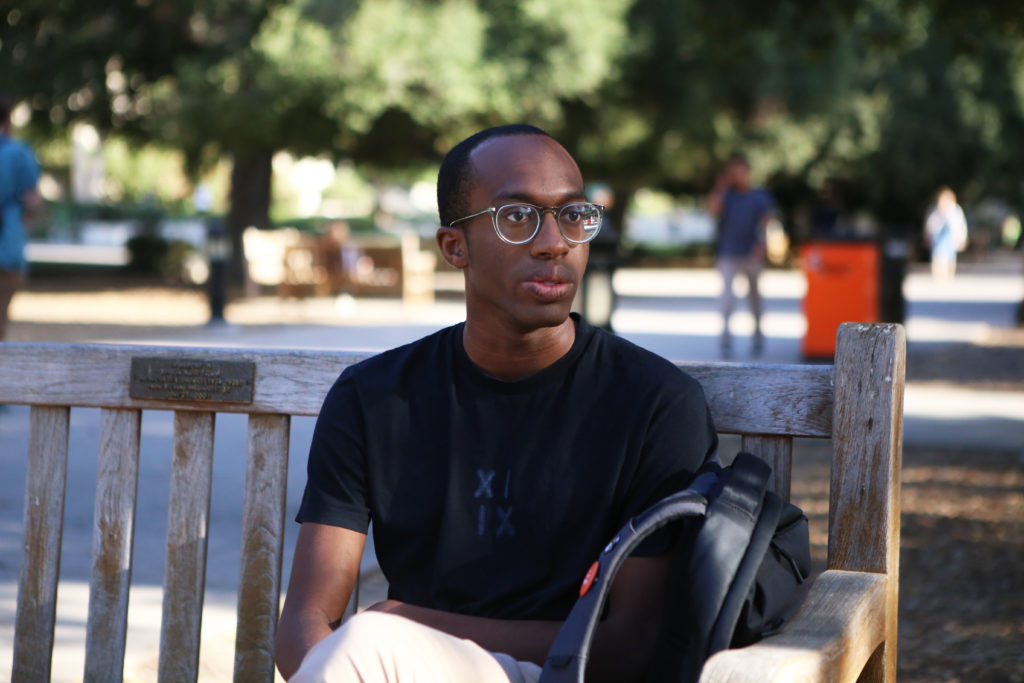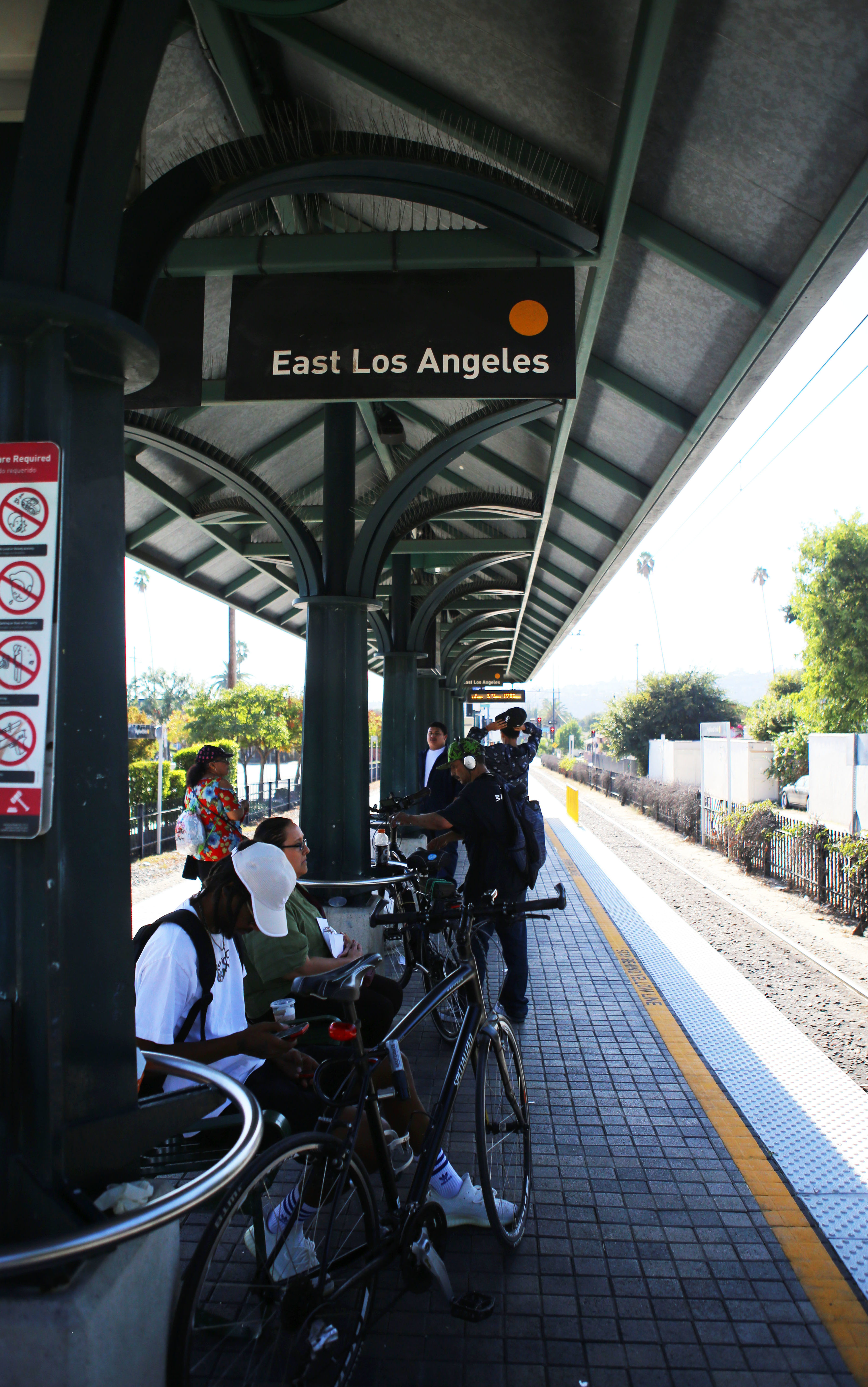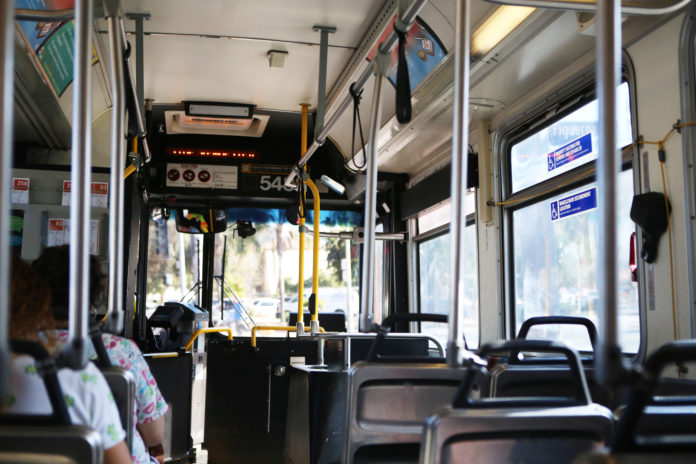Occidental students now have access to free LA Metro TAP cards and unlimited rides without charge through Occidental’s Metro U-Pass program, made available to students Aug. 27. The Associated Students of Occidental College (ASOC) appropriated $46,132, which is expected to sustain the program for at least the next five years. The program was developed by ASOC’s Vice President of Finance, Jordan Walker (junior).
According to Walker, he and ASOC Finance Manager Linda Schraeder began to meet with Metro representatives in July to work on a contract to extend Metro’s U-Pass Program to Occidental. According to Metro’s website, the U-Pass, or Universal College Student Transit Pass, lowers the cost of every ride from $1.75 to $0.75 for students from participating colleges and allows colleges to subsidize their students’ fares. There are currently 22 other participating colleges, including UCLA, the California Institute of Technology, and Loyola Marymount University.
Originally, Walker projected that the program would cost $3,000 a year in order to provide unlimited all-expense-paid Metro rides to every student choosing to participate. However, this $3,000 estimate significantly underestimated student interest in the program. According to Walker, he originally purchased only 200 TAP cards, and the first day that he gave out the cards to students in the quad, there were not enough cards for all the students that wanted one.

ASOC Vice President of Internal Affairs Wafa Abedin (junior) was with Walker giving out the first TAP cards Aug. 27.
“There was a line going all the way from Johnson [Hall] to Swan [Hall],” Abedin said. “I think that they were all really excited about getting TAP cards, because they were standing outside in 90 degree weather for 15 minutes.”
Given student interest, Walker decided the best way to finance the program would be with a deposit of $46,132 that can be used from year to year until the fund is exhausted. Since the program is long-term, the funding for the deposit came from ASOC’s savings instead of its yearly budget, Walker said. According to Walker’s calculations, if students use 8,827 rides a year, the deposit should last for the next 5 years, but it will likely last much longer because Occidental is a small residential campus without many commuters.
According to Walker, 688 students had collected their one free TAP card as of Oct. 7. ASOC is giving out more TAP cards to students in the ASOC Finance Office in SLICE every Friday 4 p.m.–5 p.m.
“That [first] estimate was really poorly done, but in a good way. I’m happy that it has proven to be a lot more popular,” Walker said. “We want to see use of public transit, we want to ensure that this continues to be a program well beyond my time as vice president of finance.”
Joel Choi (first year) stood in line for his TAP card Aug. 27, but he was not able to make it to the front of the line before all the cards had already been distributed by ASOC. He eventually picked up his card from the ASOC Finance Office.

According to Choi, he would not have thought to use Metro at all if the Metro U-Pass program did not exist. He has used his TAP card once this year already to go to In-N-Out Burger with his friends, who also have TAP cards through the U-Pass Program.
“Before, I honestly thought that the [Metro] system was bad and inefficient,” Choi said. “I thought that I might have to wait half an hour for a bus to come, but it was less than 10 minutes.”
Now that he has learned that the Metro is much faster than he originally thought, he plans to use it more throughout the school year.
“The program brings awareness to the Metro system and the resources you could take advantage of instead of asking a friend to drive you,” Choi said. “It’s a sustainable option.”
According to Oliver Corpus (first year), the primary reason he wanted to get his free TAP card was to get to and from his doctor’s office for allergy shots once a month. He is glad to know that he is saving money, not only because his Metro rides are free, but also because the program has challenged him to find an alternative to using Uber.
According to ASOC Senator Sarah Dean-Gooderham (junior), she campaigned on a platform of using more money from ASOC’s savings and investing that money in programs for students. While the $46,132 cost of the program was shocking to her at first, she now fully supports the program after seeing how many students are taking advantage of their free TAP cards.
“This is exactly what I feel like we should be spending student fees on,” Dean-Gooderham said.
![]()































